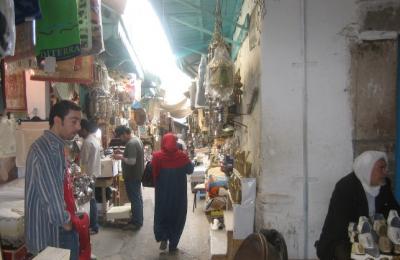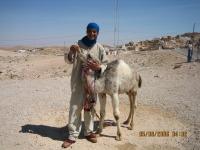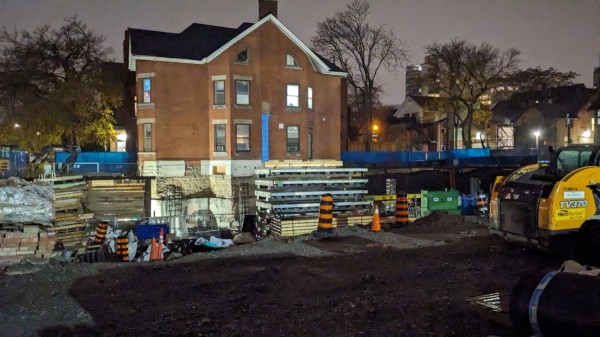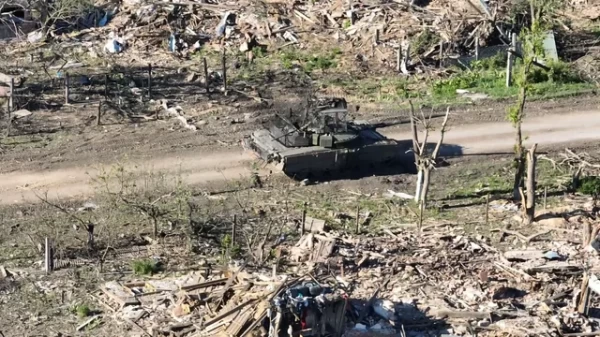I had heard that several hundred Polish laborers had recently been imported for the mines, and that about a third of them had returned to Poland - not because the conditions at the mines were bad, but because the devaluation of the krone (undertaken to reduce the burden of domestic debt) had so lowered foreign exchange that the money they could send home to their families had low buying power in Poland.
So I said: “Since imported labor is necessarily dissatisfied with Estonian wages when these are translated into terms of foreign money, wouldn’t it be a good idea to import American labor-saving machinery instead of importing foreign labor?” “In many cases this is not possible,” he answered. “The oil-shale deposits, for example, are very irregular. Sometimes there is one stratum of limestone and another of shale, and sometimes a stratum of limestone, followed by one of granite, then limestone again, and then shale. In dealing with such irregularity of structure, human ingenuity is required, not the rigid unvarying action of machinery. Decisions must be made by men with technical knowledge who shape their actions accordingly. Sometimes they have to bore very deep to find deposits it pays to work.”
“Well, if labor-saving machinery is not suitable for dealing with oil-shale, how about more of it on the farms, where labor is hard to get and wages are high?”
“We use some of it, of course, at present. But the small size of our farms, sometimes not more than 25 hectares, does not fit them for use of large scale farming machinery. By drainage and other meliorations of the soil we hope to be able to bring so much new land under cultivation as to increase the average size of the farms to a hundred hectares, and perhaps then we can use more machinery; but not now.”
“Is it true that the government practically guarantees the farmer four percent net profit on his investment?”
“There is no fixed amount; but the government does so regulate prices, largely through its control of export, as to make certain that the farmer gets a reasonable return for his work.”
“You are planning the electrification of the entire country, I am told; and there is some dispute about the right to harness Narva Falls for that purpose, the Kreenholm Spinneries claiming to own the falls, and the state saying that the Spinnery people may own the land, but the state owns the water. How do you expect to meet this situation?”
This is the only question he did not answer directly; and that is natural because the whole matter was still in dispute. What he did say was:
“It is not very important. The development of electrical power does not, in this country, depend upon water-falls. We haven’t enough of them. On the other hand we have practically inexhaustible peat beds and our oil-shale gives us another cheap fuel. In one way or another we shall electrify the country. But it takes a little time.”
As usual, I offered to let him see my report of this interview for his correction; but he waved the suggestion aside. “It is not necessary. You may write whatever you please,” he said. “But I shall be interested to see your book. Goodbye. I wish you a good journey, and I hope you carry away with you pleasant memories of Estonia.”
As we came out from our interview, we saw that the outer room was quite filled with diplomats and other people who must have been wondering what our long talk was about. They were silent as we passed quickly through. It was nearly train time, and Mr. Leonard summoned an auto and said, as we waited for it:
“The President impressed me with his sincerity and straightforwardness. He answered your questions without any hesitation or evasion, didn’t he? Don’t you feel as I do that he is a sincere patriot, deeply concerned with the welfare of his country? The whole interview moved me greatly.”
Later Mr. Leonard kindly sent me an English version of the New Constitution. In it, President Päts makes good his promise of returning the government to the people. He no longer holds office for life, but for a term of six years, and his power is checked and balanced by an elected legislature, and an independent judiciary.
• • •
I set sail for Finland the next day - that kindred country, with kindred speech, settled from the South by Estonians many centuries ago, that progressive country to which the Estonians look up with so much wistful admiration. As for me, I looked back with affection, as we sailed away, at beautiful little Estonia in its nest of islands, everywhere clothed with forests, sparkling with lakes and rivers, the open spaces adorned with the cities and farms of its human children, now at long last coming into their heritage.
I gazed with hope and faith renewed, as one who, in the first uncertain days of spring, with great winds blowing, and snow still chilling the air, beholds an arbutus blooming amid dead leaves. The hardy little blossom, with its spicy fragrance, may be buried deep in snow again, and disappear from view; but it has borne its testimony.
(To be continued)
A Search for a Happy Country (42)
Järjejutt
TRENDING






















